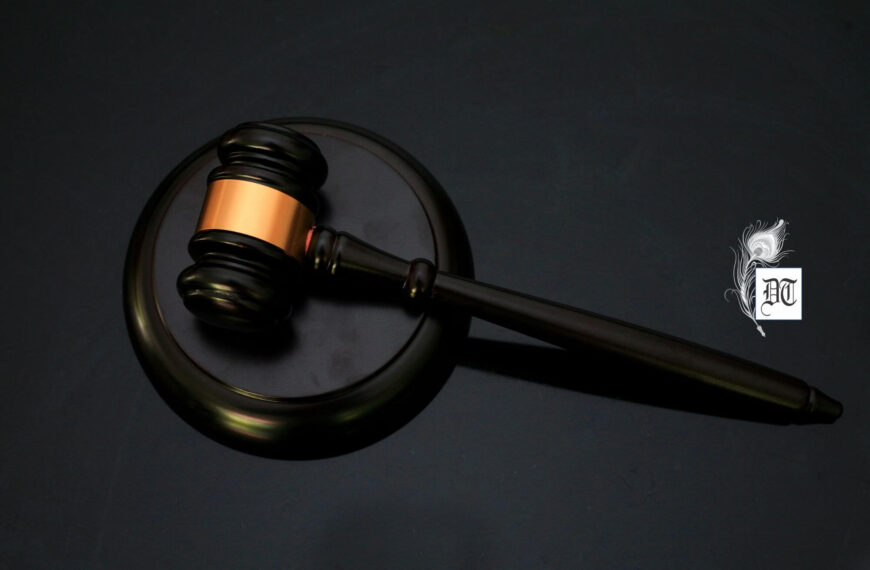A path-breaking judgement of the Supreme Court recognises the right to die with dignity as a Fundamental Right and other major judgements from various courts of India. Here’s a weekly round-up, for Different Truths.
In a path-breaking judgment, the Constitution Bench of 5 judges of Supreme Court has recognised right to die as a fundamental right, thereby paving the way for passive euthanasia and living wills to be legal. The Court categorically held that “all adults with a capacity to consent have the right of self-determination and autonomy. The said rights pave the way for the right to refuse medical treatment which has acclaimed universal recognition. A competent person who has come of age has the right to refuse specific treatment or all treatment or opt for an alternative treatment, even if such decision entails a risk of death.”
This was elaborated further by holding that “dignity of life must encompass dignity in the stages of living which lead up to the end of life. Dignity in the process of dying is as much a part of the right to life under Article 21. To deprive an individual of dignity towards the end of life is to deprive the individual of a meaningful existence. Hence, the Constitution protects the legitimate expectation of every person to lead a life of dignity until death occurs.”
The Supreme Court further clarified the law on passive euthanasia, which had become quite muddled, owing to different interpretations of prior decisions of the Court. In Gian Kaur v Union of India (1996), the Supreme Court had held that the right to life under Article 21 did not include right to die. Thereafter, the Court in Aruna Shanbaug v Union of India (2011) that passive euthanasia could be made lawful only be legislation and issued guidelines to fill the void until legislation was brought. But the present Constitution Bench noted that Aruna Shanbaug was based on a flawed interpretation of Gian Kaur, and it was incorrect to say that passive euthanasia could not be legalised by judicial decision. Further, in Shanbaug, the patient’s interest became subordinated to the interest of others, including the treating doctors and supporting caregivers, which cannot be allowed.
Accordingly, if Advance Directives or Legal wills are not recognised, then it would hinder a smooth process of death, which could be given to such individuals and reduce their pain. The right of self-determination of an individual cannot be denied. Advance directives are basically documents which are written by individuals detailing what would be done with their body, in case they go into a permanent vegetative state or coma or suffer from any such condition, from which there is no scope of revival.
The guidelines are given by the Court pertaining to Advance Directives, also called living wills, dictate that only a person with a sound mind, under no coercion and with the complete requisite information can execute a directive. The directive should clearly point out the treatment that the individual wishes or does not wish to receive. The instructions should be clear, unambiguous and precise. It should mention that the executor has understood the consequences of his/her decision. It should further specify a natural guardian who would execute the directive if the executor became incapable of executing. In the event, there are more than one directives and none of them have been revoked, the most recent one will be treated as valid. The Directive then has to be signed by the executor in the presence of two witnesses, countersigned by a Judicial Magistrate of First Class and then the same will be preserved by the District Court in a hard and soft copy.
If the executor becomes terminally ill, and there exists an advanced directive, then the physician is required to constitute a medical board consisting of at least three doctors from a variety of disciplines to decide whether the wishes in the Directive should be given effect to or not. In case the panel feels that it is so, then they would have to communicate the decision to the local Collector who would then form another medical board under the chairmanship of the Chief District Medical Officer to visit the hospital and give their decision on the situation. If they concur with the previous panel, then they should inform the family members of the executor. In case the Board does not concur, it will be open to the family, doctor or the executor himself or herself to approach the High Court under Article 226 to seek permission and the High Court is required to hear the petition as expeditiously as possible.
The executor can revoke the Directive any time before execution. If the Directive is not clear and unambiguous, it will not be given effect to. Such patients will be treated as not having an Advanced Directive. In the case of such patients, the decision will lie with the family members and the Hospital Medical Board will have a say. Though the procedure seems complicated, it hugely advances the issue of passive euthanasia in India, wherein many patients would actually get relief and be able to die with dignity, after being terminally ill for long. At the same time, the judgment again missed a golden opportunity to also rule on the legality of Section 309, which punishes an attempt to commit suicide. It is well-known that most suicides occur, due to psycho-social reasons, and people who survive their attempts to suicide cannot possibly be punished in a civilised society. Though the Court noted the distinction between active and passive euthanasia and allowed only passive euthanasia, it ought to have dealt with the ramifications on Section 309, IPC. Thus, the judgment still feels incomplete, despite its enunciation of the constitutional principles of autonomy and self-determination.
Weekly Round-Up of Major Decisions of the Courts in India as also Legal Policy Developments
- SC Upholds the Marriage of Hadiya and Sets her Free: After months of suspense and extensive arguments, the Supreme Court finally set aside the judgment of Kerala High Court, which had annulled Hadiya’s marriage with Shafin Jahan. Pursuant to Hadiya’s personal testimony in Court in November 2017, where she categorically stated that she had converted to Islam and married Shafin Jahan out of own free will, the Supreme Court held that the High Court should not have annulled the marriage on a habeas corpus petition by Hadiya’s father. The Court thus set Hadiya free and she can join her husband. The Court, however, clarified that the NIA investigations can continue, which was ordered last year, to investigate into Shafin’s activities. [Shafin Jahan vs. Asokan K.M., Special Leave Petition (Crl.) No. 5777 of 2017, date of order: 08.03.2018]
- Aadhaar not Mandatory for NEET and Other Examinations: During the Aadhaar arguments, the Petitioners sought an interim direction against an order of the Central Board of Secondary Education (‘CBSE’), which demanded the students who were appearing for National Eligibility cum Entrance Test (‘NEET’) and other national examinations to provide their Aadhaar numbers for verification. When this was brought before the Court, the Attorney General submitted that the government was willing to accept any other proof of driver’s license, bank passbook, voter’s id, passport etc. The Court then ordered the CBSE to upload this information on their website so that the students are not affected. [Justice K.S. Puttaswamy & Ors. vs. Union of India, Writ Petition (Civil) No. 494 of 2012, date of order: 07.03.2018]
- CPIL Files Intervention Application in Judge Loya Case: Arguments continued in Supreme Court this week. Meanwhile, Centre for Public Interest Litigation (‘CPIL’) has intervened in the proceedings before the Supreme Court asking for a high powered team to investigate Judge Loya’s death. CPIL highlighted statements of Dr. R.K. Sharma in the Caravan report, which ruled out heart attack and indicated that Judge Loya could have died of poisoning and brain trauma. It also cited the opinion of Dr. Upendra Kaul, leading cardiologist, to counter the State’s theory of the judge dying of a sudden heart attack. CPIL’s counsel Prashant Bhushan also questioned the fitness of the Supreme Court bench to hear the matter, as both Justice A.M. Khanwilkar and Justice D.Y. Chandrachud had been elevated from the Bombay High Court and he indicated that the four judges might be their acquaintances. Thereafter, Indira Jaising, Senior Advocate argued. She prayed for three things, firstly, that the Court, rather than directing an investigation, register an FIR to complete the investigation as per law, secondly that a panel of experts examine the medical evidence at hand, and thirdly, suo motu contempt be initiated against the Administrative Committee of the Bombay High Court. [Tehseen Poonawala & Ors. vs. Union of India & Ors., Writ Petition (Civil) No. 19 of 2018, date of order: 10.03.2018].
- Karti Moves Court to Quash Proceedings against Him: Karti Chidambaram has filed a petition in the Supreme Court for quashing of all proceedings initiated against him under the Prevention of Money Laundering Act (PMLA), including the recent summons to interrogate him, in connection with FIPB approval for Aircel-Maxis and INX Media. The Supreme Court issued notice but refused to grant interim protection. He then withdrew his petition with the leave to move the Delhi High Court. [Karti P. Chidambaram v Union of India, Writ Petition (Criminal) No. 51/2018, date of order: 06.03.2018] The Delhi High Court granted him interim relief, and restrained the Enforcement Directorate (‘ED’) from arresting him till next hearing. [Karti Chidambaram v The Directorate of Enforcement, Writ Petition (Criminal) No. 738 of 2018, date of order: 09.03.2018].
- Petitioner asks the Centre to treat Rohingyas same as Sri Lankan Refugees: Highlighting the constant discrimination being faced by Rohingya Muslims in India, the Centre was asked why they cannot be treated in the same way as Sri Lankan refugees, who are being provided with education and basic healthcare while the Rohingyas are living in pitiable conditions. It was also pointed out that the Centre was consciously discriminating against Muslim refugees, as against Hindu and Sikh refugees living in different parts of the country. The Additional Solicitor General then asked time to obtain instructions from the Border Security Force in this regard. [Mohammad Salimullah vs. Union of India, Writ Petition (Civil) No. 793 of 2017, date of order: 07.03.2018].
- Compensation should not be treated as Doles but Entitlements – The Supreme Court in a significant decision held that compensations provided under the law were not doling or charity but were entitlements, according to the “discourse of rights”. The Court was hearing the appeal by a man who lost both of his hands in an unfortunate accident. The Court further noted that since the claimant was engaged in manual labour, loss of both his hands basically meant a loss of his ability to earn. The judges reiterated that the compensation must be a realistic amount to help ease the pain and suffering of the aggrieved. The Court enhanced the value of compensation from Rs 12, 81, 228 to Rs 25, 38,308. [Jagdish v Mohan, Civil Appeal No. 2217 of 2018, date of judgment: 06.03.2018].
- PIL Demanding Strong Population Laws Dismissed: The Supreme Court dismissed a public interest litigation demanding stringent population laws like the two-child norm, which were followed till recently in China. The petition clearly stated that such laws were needed to control the exorbitant population, for which it relied on data from the census. The Court clearly stated that this was the job of the Parliament and the Court could not be called upon to legislate. [Prathvi Raj Chauhan v Union of India, Writ Petition (Civil) No. 149 of 2018, date of order: 09.03.2018].
- Trademark Holders Cannot be Penalised for Non-compliance of Rules by the Registrars, holds Delhi HC: The Delhi High Court upheld the single bench decision of the Delhi High Court which stated that a registered proprietor of a trademark cannot be penalised for non-compliance of rules by the Registrar of Trademarks. The matter dealt with the renewal of trademark where the application for renewal had been filed 17 days after the expiry the trademark. The law provides that the Registrar needs to give notice of expiry to the holder and s/he can then remove it, in case the requisite conditions are not complied with. But the single judge decision, which the Court agreed with, dismissed the objections of the Appellants that the Registrar had no power to condone the delay, pointing out that such an interpretation would deprive the holder of the grace period of 6 months provided to renew the trademark. The Registrar was also required to point out deficiencies in the application and give time for them to be corrected. [M/s Epsilon Publishing House Pvt. Ltd. vs. Union of India, LPA 73/2018, date of judgment: 09.03.2018].
Other Legal Developments:
- Cabinet approves Arbitration and Conciliation (Amendment) Bill, 2018 – The Union Cabinet has approved the Arbitration and Conciliation (Amendment) Bill, 2018 to be introduced in the Parliament. It aims at further improving institutional arbitration and making India more arbitration-friendly. It also seeks to address the issues that arose because of the implementation of the 2015 Amendment to the Act. The Bill provides for the institution of Arbitration Council of India, which will grade arbitrators and arbitral institutions.
Prepared by Amritananda Chakravorty and Mihir Samson, Delhi based practicing advocates.
©IPA Service
Photo from the Internet



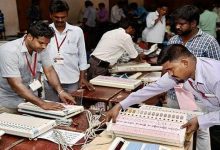
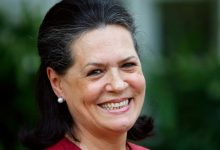
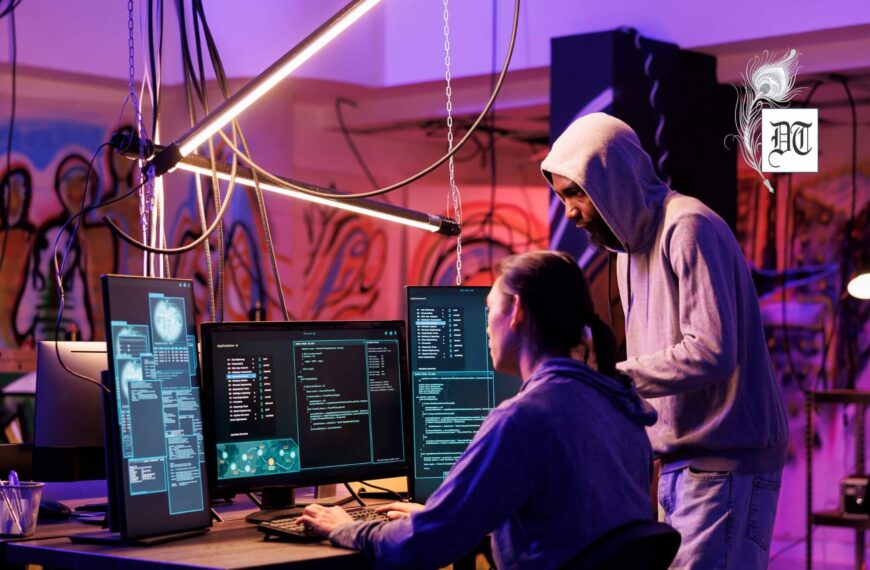
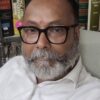 By
By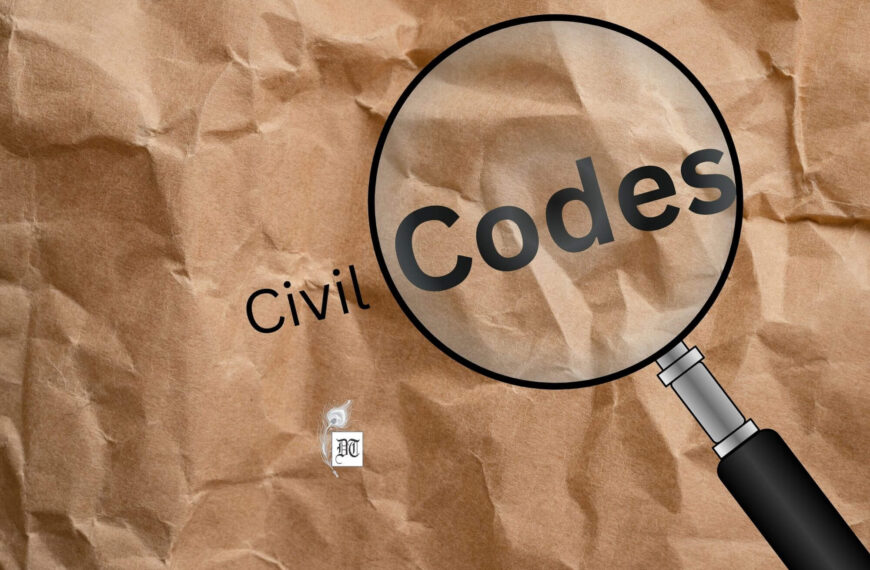
 By
By